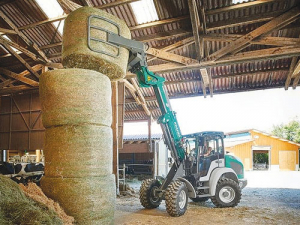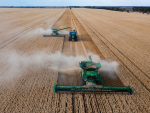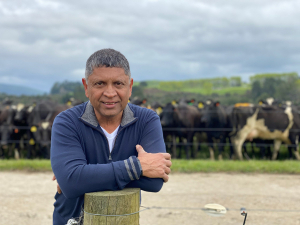John Deere has allied with Kramer-Werke, a German materials handling gear maker, to distribute the latter’s products via the JD dealer network.
The move, the first for the global giant in the sector since it bought the rights to Matbro machines in the late 1990s, will see the Kramer gear selling via JD dealerships in Europe, then CIS, North Africa and the Middle East.
As the market for such machines matures in Oceania this supply chain is likely to be the preferred route.
Interestingly, the availability of the Kramer machines comes just as JD nears the end of an agreement with harvest specialist Claas, to which it supplied Scorpion telehandlers; Claas will in future source machines from Liebherr.
The Kramer range is wide: nine compact wheel loaders, four telescopic wheel loaders and nine telehandlers, all made at Pullendorf, Germany. Kramer is part of the big Wacker-Neuson Group.
JD and Kramer are calling the deal – still subject to sanction by anti-trust authorities -- a win-win for both.
JD will fill a gap in its product offering with machines from a respected supplier and Kramer will get a bigger agricultural footprint.











